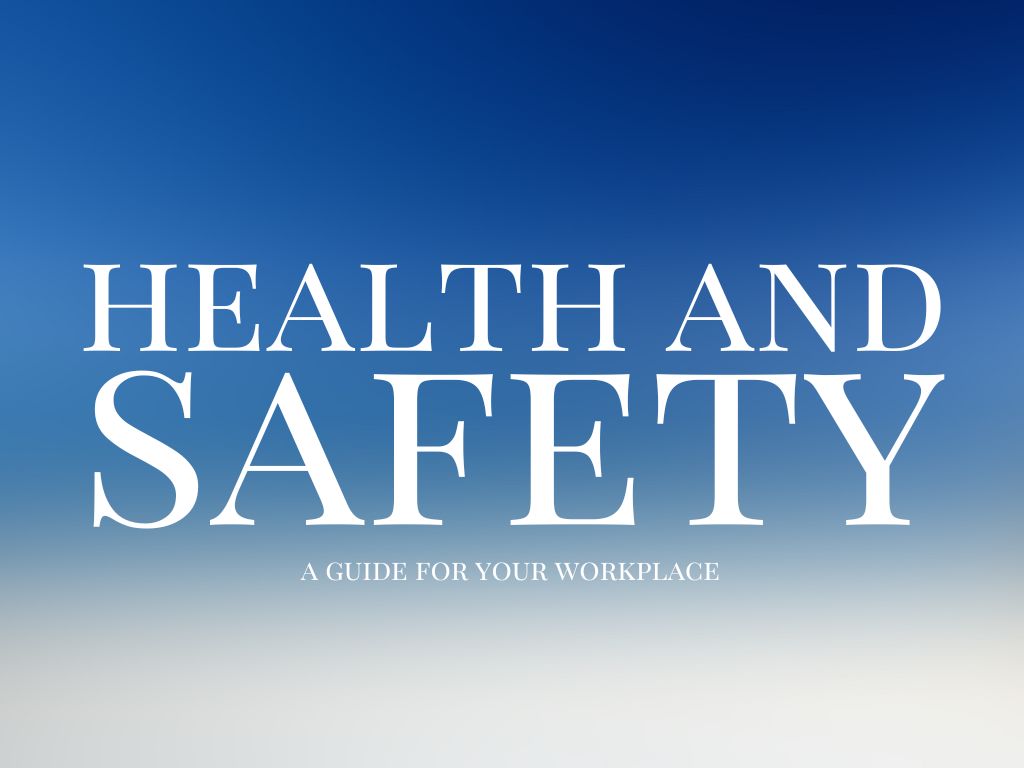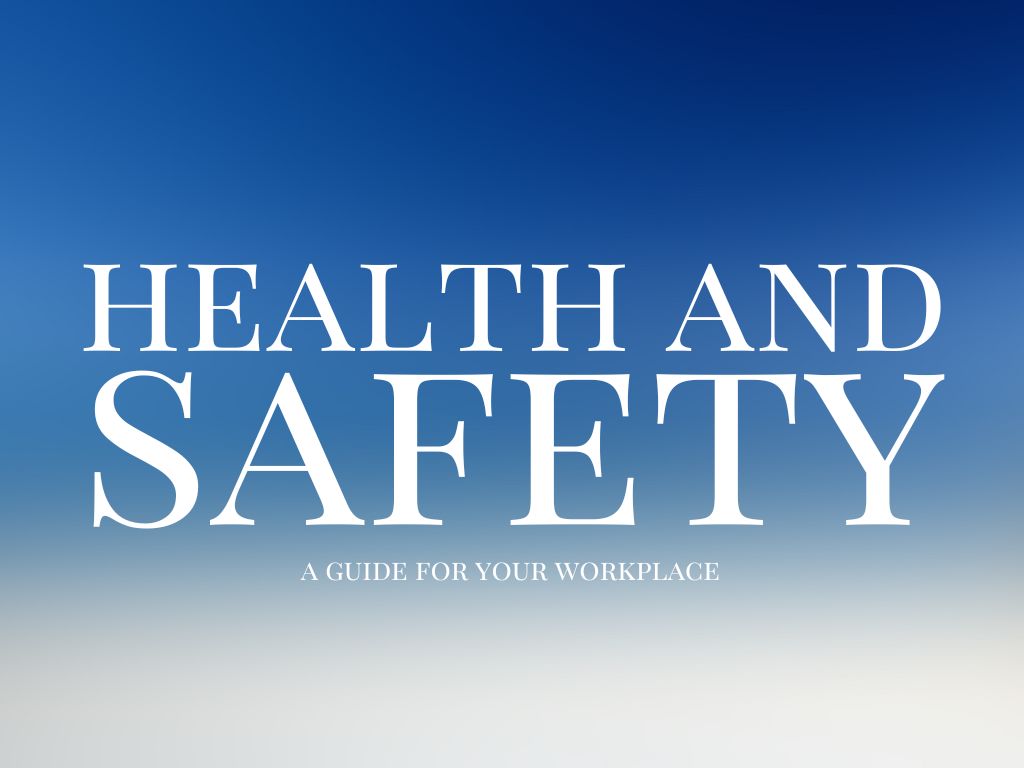Introduction: Heartbreak is a universal human experience, yet its effects can be deeply personal and profoundly challenging. Whether triggered by the end of a romantic relationship, the loss of a loved one, or a significant betrayal, the pain of heartbreak can take a toll on our mental and emotional well-being. In this blog post, we'll explore the complex emotions that accompany heartbreak and discuss strategies for coping with its impact on mental health.
Understanding the Emotional Turmoil: Heartbreak often unleashes a whirlwind of emotions, ranging from sadness and grief to anger and confusion. The intensity and duration of these emotions can vary from person to person, but the common thread is a profound sense of loss and longing. It's natural to feel overwhelmed and even immobilized by the weight of these emotions, but it's essential to remember that healing is possible, albeit a gradual and nonlinear process.
The Impact on Mental Health: The emotional fallout of heartbreak can have significant implications for mental health. Feelings of sadness and despair may give way to depression, anxiety, and even symptoms of post-traumatic stress disorder (PTSD) in some cases. Sleep disturbances, appetite changes, and difficulty concentrating are common manifestations of the psychological toll of heartbreak. Left unaddressed, these symptoms can exacerbate feelings of isolation and hopelessness, creating a vicious cycle of emotional distress.
Coping Strategies for Healing: While there is no one-size-fits-all solution for healing from heartbreak, there are several coping strategies that can help alleviate emotional pain and promote mental well-being:
Acknowledge Your Feelings: Allow yourself to experience and express your emotions without judgment. Suppressing or denying your feelings will only prolong the healing process.
Seek Support: Lean on friends, family members, or a trusted therapist for emotional support and guidance. Talking about your feelings with others can provide validation and perspective.
Practice Self-Care: Engage in activities that nurture your mind, body, and soul, whether it's meditation, exercise, creative expression, or simply taking time to relax and recharge.
Set Boundaries: Establish boundaries with your ex-partner or anyone else who may be contributing to your emotional distress. It's okay to prioritize your well-being and distance yourself from toxic influences.
Focus on Growth: View heartbreak as an opportunity for personal growth and self-discovery. Reflect on the lessons learned from the experience and use them as stepping stones toward a brighter future.
Be Patient and Kind to Yourself: Healing takes time, so be patient with yourself and practice self-compassion along the way. Celebrate your progress, no matter how small, and recognize that healing is a journey, not a destination.
Conclusion: Heartbreak is undeniably painful, but it is also a testament to the depth of our capacity to love and to the resilience of the human spirit. By acknowledging our feelings, seeking support, and practicing self-care, we can navigate the storm of emotions that accompany heartbreak and emerge stronger and more resilient than before. Remember, you are not alone, and healing is possible. Hold onto hope, and trust that brighter days lie ahead.




0 Comments